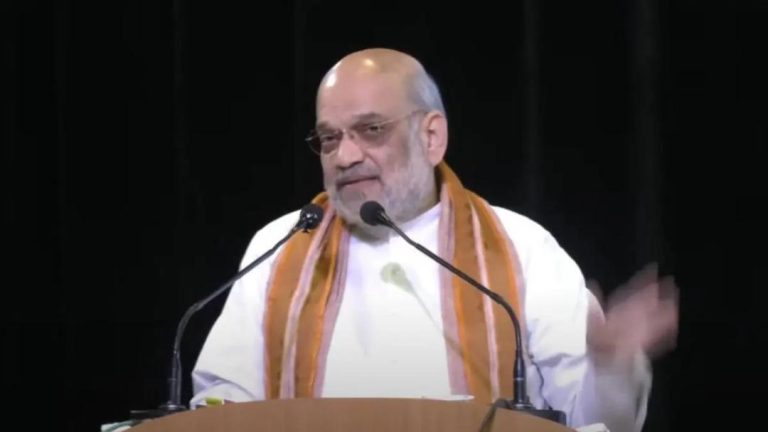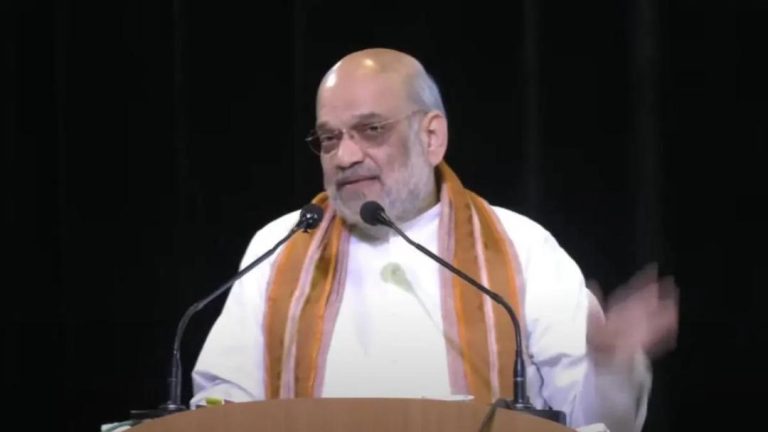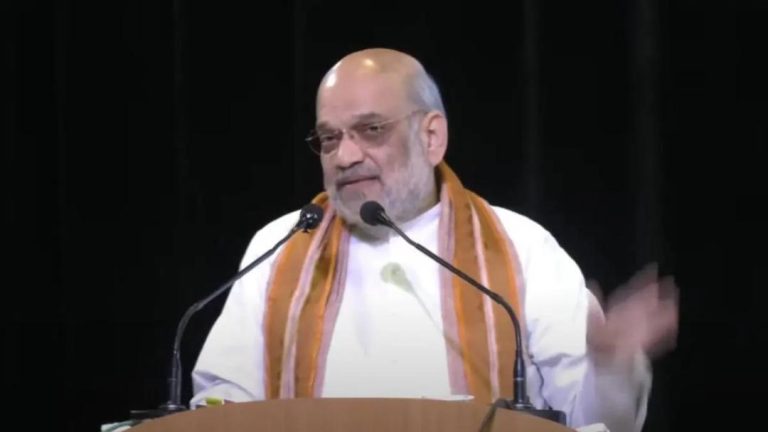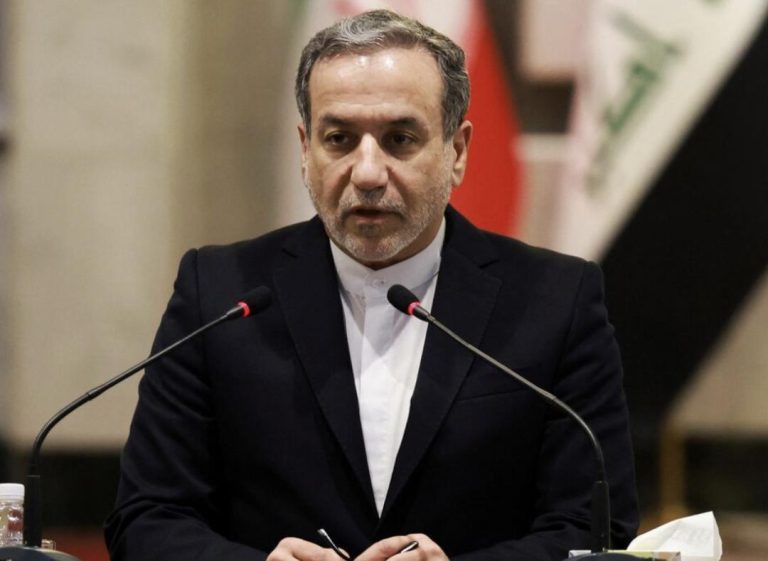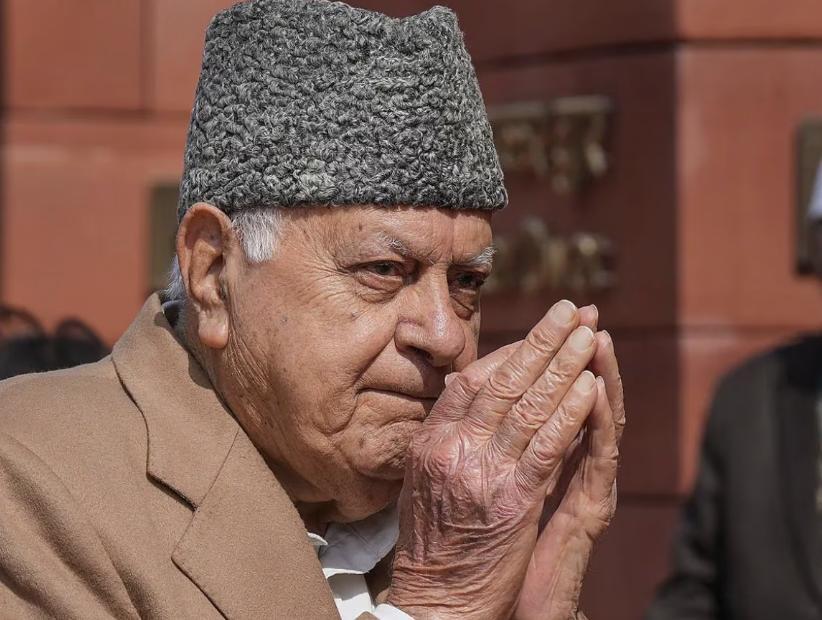
Ex-R&AW chief Dulat claims Farooq privately backed Article 370 abrogation, he denies
The abrogation of Article 370, which granted special status to Jammu and Kashmir, has been a contentious issue in India for years. The move, taken by the Narendra Modi-led government in August 2019, has been widely debated and criticized. Recently, former R&AW chief AS Dulat has sparked a new controversy with his claims in his latest book, “The Chief Minister and the Spy”. Dulat has alleged that former Jammu and Kashmir chief minister Farooq Abdullah privately backed the abrogation of Article 370.
In his book, Dulat claims that Abdullah’s National Conference (NC) suggested that the abrogation of Article 370 would have helped in passing the Bill in Parliament. This claim has been met with strong denial from Abdullah himself, who has called Dulat’s statement a “figment of imagination of the author who claims to be my friend”.
Dulat’s claims have sent shockwaves across the political spectrum, with many questioning the truth behind his allegations. The former R&AW chief’s book is an account of his experiences and interactions with prominent political leaders, including Abdullah. In the book, Dulat claims that Abdullah had discussed the possibility of abrogating Article 370 with him, and had even suggested that the NC would support the move.
However, Abdullah has denied Dulat’s claims, stating that he never discussed the issue with the former R&AW chief. In a statement, Abdullah said, “I have never discussed the issue of Article 370 with Dulat. It is a figment of imagination of the author who claims to be my friend.” Abdullah also questioned Dulat’s credibility, saying that he has a history of making false claims.
The controversy surrounding Dulat’s book is not new. In the past, the former R&AW chief has been criticized for making unsubstantiated claims and exaggerating his role in Indian politics. Some have questioned his motives for making such claims, with some speculating that he is trying to gain attention or promote his book.
Despite the denial from Abdullah, Dulat’s claims have sparked a renewed debate about the abrogation of Article 370. The move was widely criticized by opposition parties and some sections of society, with many arguing that it was unconstitutional and violated the rights of the people of Jammu and Kashmir.
The abrogation of Article 370 was followed by the bifurcation of Jammu and Kashmir into two union territories, Jammu and Kashmir, and Ladakh. The move has had far-reaching consequences, including a significant decline in the autonomy of the region and a rise in tension between India and Pakistan.
The controversy surrounding Dulat’s book is not limited to his claims about Abdullah. The book has also been criticized for its perceived bias and lack of objectivity. Some have accused Dulat of using his book as a platform to promote his own views and agenda, rather than providing a balanced account of his experiences.
In conclusion, the controversy surrounding Dulat’s book is a reminder of the complexities and challenges of Indian politics. The abrogation of Article 370 is a highly contentious issue, and any claims or allegations made about it are likely to be met with strong reactions. While Dulat’s claims may have sparked a renewed debate about the issue, it is essential to approach the controversy with a critical eye and consider the credibility of the sources involved.
Source: https://repository.inshorts.com/articles/en/PTI/5880e3bf-0a05-40d6-887a-465b5c760b3a
